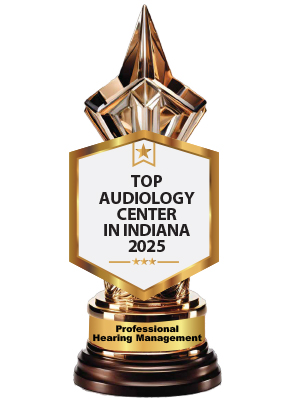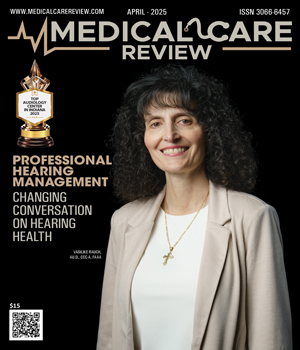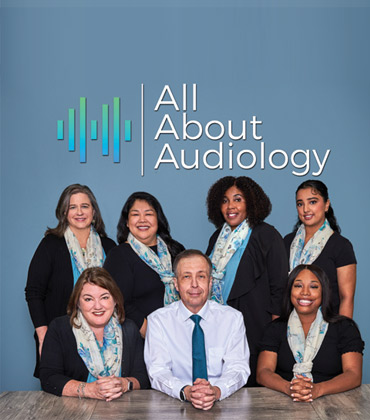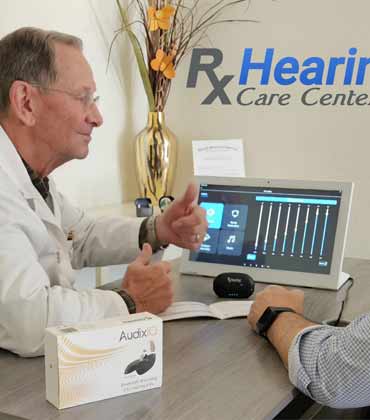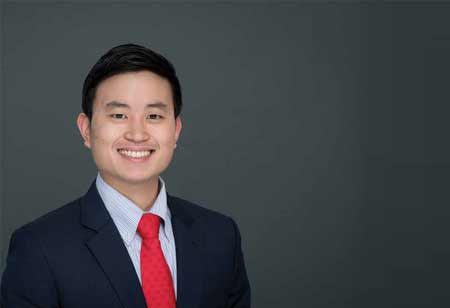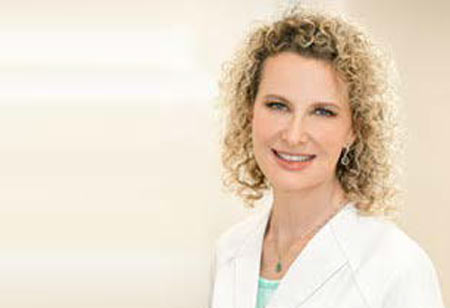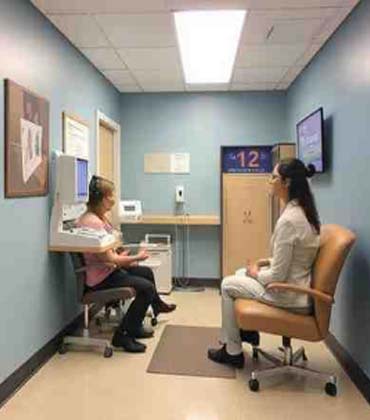Thank you for Subscribing to Medical Care Review Weekly Brief
- Home
- April 2025
Medical Care Review: Specials Magazine
Hearing loss is one of those things that creeps up on people. It’s gradual, often going unnoticed for years. The average person takes seven to ten years to acknowledge that their hearing isn’t what it used to be. By the time they do, they often assume a simple hearing aid will fix everything But that assumption is part of a larger misconception about hearing loss and treatment—one that Vasilike Rauch, Au.D., CCC-A, FAAA, is determined to change. As the CEO of Professional Hearing Management, she has built her practice on a philosophy that stands in stark contrast to the transactional approach of many hearing aid providers. “We’re not a hearing aid sales shop,” she states emphatically. “We are a treatment center. Every patient is different, and their hearing loss needs to be approached that way.” For many patients, a quick fix isn’t the answer. At Professional Hearing Management, hearing care isn’t about selling a device—it’s about understanding the root cause of hearing loss and how it effects the brain, and offering comprehensive, long-term solutions. Under Rauch’s leadership, the practice has established itself as a treatment center rather than a hearing aid sales shop, offering comprehensive audiological evaluations, personalized care, and a commitment to improving patients’ quality of life and decreasing their risk of cognitive decline, falling and loss of independence. Understanding Hearing Loss Hearing loss isn’t as simple as turning up the volume. It involves complex interactions between the outer ear, middle ear, inner ear, and brain. Each part plays a role in processing sound, and when any part of this system breaks down, the ability to hear and understand speech diminishes and the consequences of untreated hearing loss include tinnitus, increased risk of cognitive decline, increased fall risk and increased risk of loss of independence. Many people assume all hearing loss is the same, but Rauch emphasizes that a personalized diagnostic process is crucial for effective treatment. Many people also believe that all hearing aids are the same. They are not. Advanced hearing aids do not just amplify all sound. They provide different algorithms and outputs for soft, average and loud inputs. The technology enhances hearing in specific listening situations. It compresses loud noises, improves clarity of speech, boosts volume for soft speakers and increases cognitive function as indicated through many studies. Why One-Size-Fits-All Hearing Solutions Don’t Work Walk into any big-box store or browse online, and you’ll find a range of over-the-counter hearing devices. These amplifiers promise to enhance sound, but they’re far from an actual treatment. Many patients who come to Rauch’s office have already tried these devices and found them ineffective or even frustrating.
John, a 50-year-old professional has been experiencing gradual hearing loss, struggling to follow conversations in noisy environments like work meetings or social gatherings. On the other hand, Sarah, a 60-year-old retired teacher has lived with Tinnitus for years, facing a constant ringing in her ears that disrupts her sleep and daily tasks. John and Sarah stand as a testament to the universal truth: when it comes to patient care, one size doesn’t fit all. Enter All About Audiology—where every patient’s hearing journey is treated as one-of-a-kind, placing personalization at the forefront. With over three decades of experience in ENT, private practice and pediatric care, the company’s Audiologists have encountered and overcome every Audiology challenge. Their offerings include customized premier Audiologic wellness services focused on hearing impairments, Tinnitus and balance care, while also assisting patients in navigating insurance benefits. “Our expertise in Audiology enables us to deliver compassionate, empathetic care that truly listens to each patient’s needs, ensuring they feel heard, understood and supported throughout their journey,” says Dr. Stacy Sanders, Au.D.
In the heart of Clearwater, FL, a quiet revolution in hearing care is taking place. RxHearing, under the leadership of CEO and co-founder Chuck Ottaviano, is reshaping the accessibility and affordability of hearing health solutions across the U.S. With more than three decades of experience in the hearing aid industry, Ottaviano brings a wealth of expertise to the table. His vision is to bridge the gap between cutting-edge hearing technology and underserved communities, particularly in rural America. “For too long, hearing care has been out of reach for millions. With over 43 million Americans experiencing hearing loss, many have faced prohibitive costs and limited access to solutions. Our goal is to make hearing care accessible to everyone,” Ottaviano says. “By partnering with local pharmacies, we bring hearing health solutions directly to the communities that need them most.”
CXO INSIGHTS
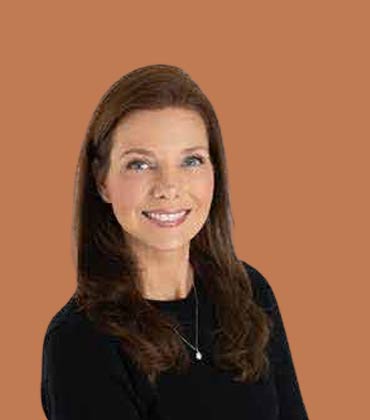
Exploring the Journey of a Clinical Psychologist
Susan Rathmell, Licensed Clinical Psychologist, Managing Member, Upward Behavioral Health
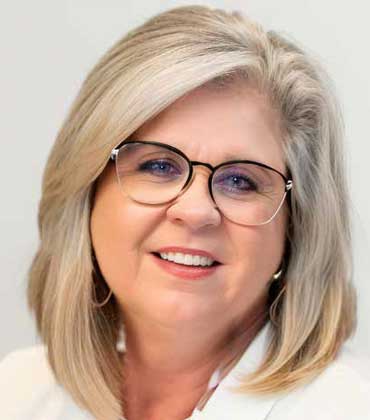
Transforming Mental Health through EMDR Therapy: A Leader's Perspective
Eileen Borski, LPC, Mental Health Counselor, Spring Health

Empathy, Transformation, and Connection in Counseling
Reylla Santos, Mental Health and Drug and Alcohol Counselor, Millennium Counseling Center
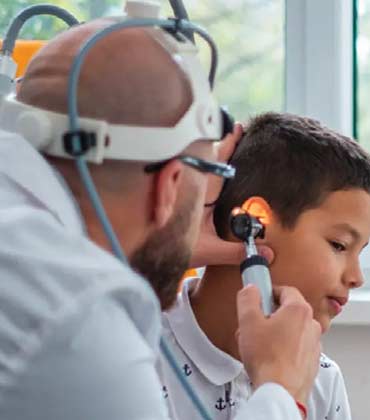
Shaping The Future Of Pediatric Audiology
Anne Smith, Audiologist, Riley Children’s Health
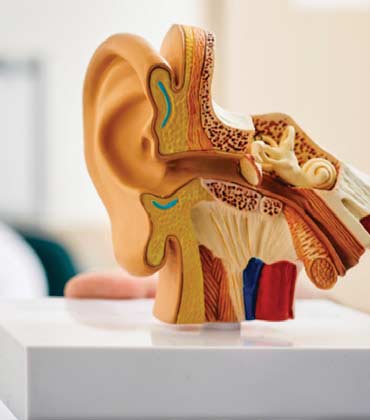
Redefining Standards In Audiology With A Patient-Centric Approach
Courtney Eisenhart, Doctor of Audiology (Au.D.), Penn State Health
IN FOCUS
Urgent Care Revolution: Meeting Patient Needs in a Digital Age
The urgent care industry is adapting to meet patient needs with technology and expanded services, ensuring timely care and a crucial role in healthcare’s future.
EDITORIAL
Redefining Audiology Practices
Advances in audiology are enhancing the precision of diagnosis and treatment. Modern tools now enable early detection, personalized hearing solutions and innovative treatments, helping individuals regain auditory clarity and improve their quality of life. Studies state that the global audiology devices market valued at $14.72 billion in 2024 is expected to grow at a 6.24 percent CAGR from 2025 to 2030. A slew of tech developments fuel this growth. Artificial intelligence enhances hearing aid performance by adapting to user preferences and optimizing sound clarity in real-time. Advanced health-tracking features integrate biometric sensors, allowing users and healthcare providers to monitor hearing and overall wellness. Machine learning refines personalized hearing solutions by analyzing listening habits and automatically adjusting settings. This edition of Medical Care Review explores the latest advancements in audiology services, highlighting emerging trends, innovations and strategies that enhance treatment outcomes. It features thought leadership articles from industry experts, including Susan Rathmell, a licensed clinical psychologist & owner at Upward Behavioral Health, who explores evidence-based therapy, mental health stigma and policy challenges. Anne Smith, an audiologist at Riley Children’s Health, highlights the critical role of early detection, family education and collaborative care in pediatric audiology. The edition also features Professional Hearing Management, which offer comprehensive, long-term solutions based on the root causes of hearing loss and its impact on the brain. Under Vasilike Rauch’s leadership, the practice has evolved into a dedicated treatment center rather than a hearing aid retailer. We hope this edition featuring the Top Audiology Centers 2025 helps you discover the best providers to enhance your hearing health and patient care.

